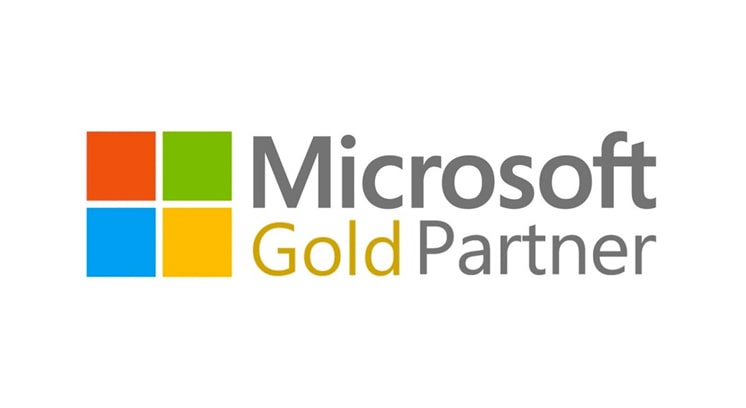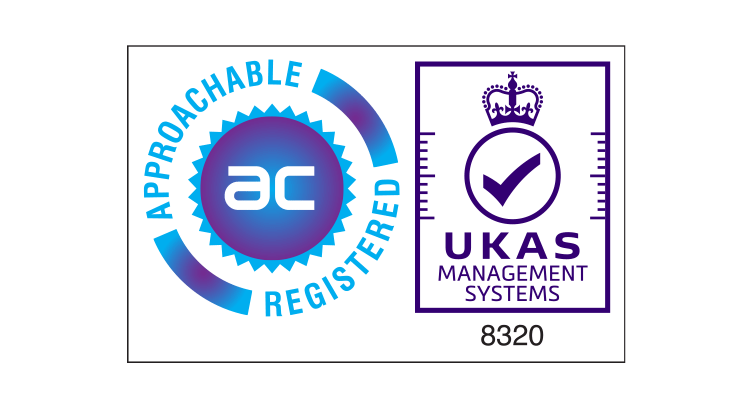Practicing what we preach – mobile working
With the incredible pace of change merging England’s health and social care system, it is now more important than ever to understand how people within the industry are engaging with the integrated agenda; their concerns, challenges and ambitions.
Last week, we hosted an audience of management and clinical professionals from both healthcare and local government backgrounds to educate them about the benefits of mobile working and how it supports integrated care. In turn we heard their thoughts and experiences in contributing to this national agenda.
This was the start of our series of integrated care seminars, which kicked off in Newcastle and was very timely; just weeks after minister of state for care and support, Norman Lamb, announced how 14 integration pioneers are leading the way, demonstrating how making coordinated care the norm, can be achieved.
The pioneers initiative is about sharing best practice, learning from each other and, ultimately, in Lamb’s own words: “about health and social care services working together to provide better support at home and earlier treatment in the community to prevent people needing emergency care in hospital or care homes.”
Sharing is the way forward
The emphasis here is on sharing. Starting with the ‘shared commitment’ launched back in May by Lamb, the ‘sharing’ theme has continued and will do so for what I hope is the long-term future. Sharing skills, sharing responsibility, sharing information, sharing technology and finally sharing ideas and experiences.
It was therefore refreshing to hear delegates at our seminar openly discuss and share their own views and ideas with colleagues from across care boundaries. Interestingly, everyone expressed that mobile technology is a facilitator to drive effective integrated care. By mobilising staff, such as community nurses and social workers, more effectively, they could see that more could be done outside the hospitals, easing pressures on acute care.
By providing frontline carers with information from both health and social care, delegates agreed that the transition of joined-up services could be made more easily, especially if the technology can extract information from multiple systems.
A common theme that occurred amongst the discussions was how to share information across different organisations and in particular the complexity around integrating all the different systems into one place.
These comments echo that of Veronika Thiel, researcher, Health Policy at The Kings Fund who blogged about a research project which found “an overarching sense of frustration at the lack of access to shared electronic records, and having to update patient records on different systems was often cumbersome and time-consuming”.
We explained to our guests that with the right mobile technology there is no need for complex integration across back office systems. Instead make mobile solutions the focal point of system integration, integrating with each back office system individually and withdrawing the relevant information required for each job carried out by a health or social care worker. Once information is collected it is then sent to the relevant back office system, updating records immediately.
It was evident that this approach hasn’t been widely considered. A representative from one trust described their current experience of mobile working, which is arming nurses with laptops and smart cards. This is effectively trying to recreate the office environment in a mobile environment. They told the seminar how it is actually taking more administration time for nurses as they still have to fill in the same form on different systems – the efficiency benefits just aren’t there at the moment.
This type of feedback and industry intelligence is invaluable to us at TotalMobile; after all, if we are preaching about the benefits of sharing information (albeit at the point of patient care), then this seminar was certainly true to form.
Reflecting on our first seminar, I could sense there was real enthusiasm from the delegates to approach things differently and more effectively. In fact, some delegates were very open about their desire to be seen as a forerunner and innovative in their approach to implementing an integrated care service.
It is these attitudes which make me optimistic that health and social care providers can make real progress towards delivering true person-centred coordinated care and that, despite 2018 not being too far away, the aim for the NHS to be fully integrated with social care in under five years is well within our grasp.
Join our forthcoming seminars
Do you want to be part of our next discussion around mobile working and integrated care? We are hosting seminars in:
London (26th November)
Manchester (28th November)
Birmingham (4th December)
If you are a representative from an NHS trust, Clinical Commissioning Group, other healthcare providers, or social care departments from local authorities and are interested in joining one of the seminars above, then get in touch with my colleague Jemma Geary on health@totalmobile.co.uk or 02890 330111.
Colin Reid, CEO, TotalMobile







